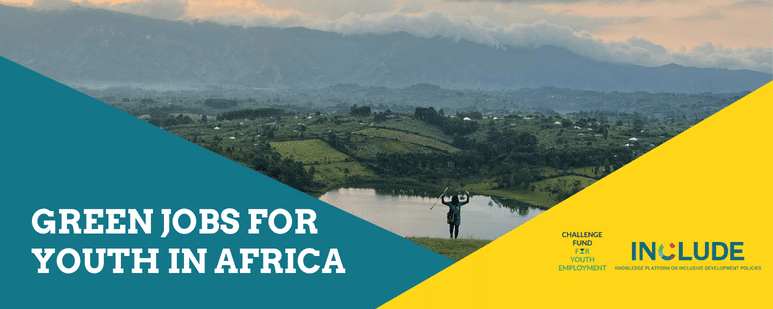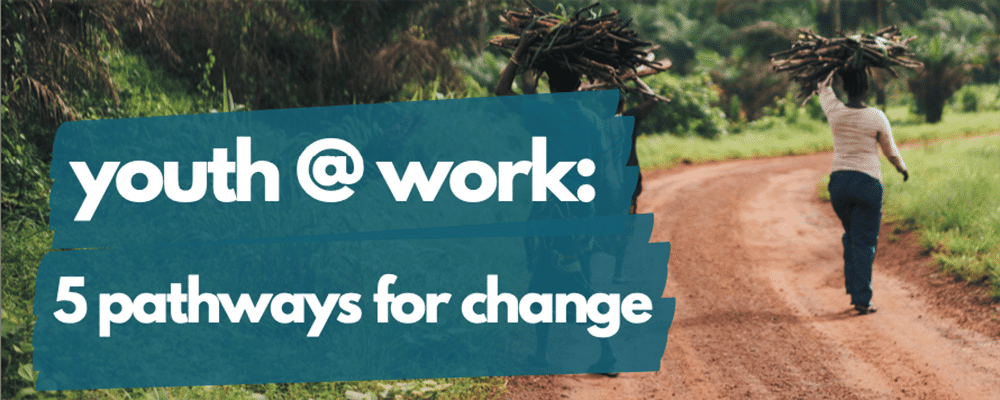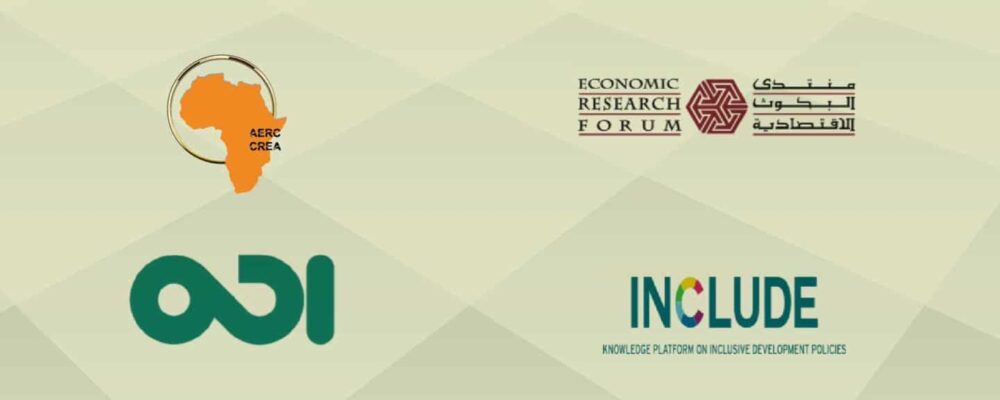
Policy highlights:
- This report seeks to articulate the value of youth-government collaboration and partnership in preventing and countering violent extremism (P/CVE).
- As partners for peace and positive agents of change, youth offer critical expertise and connectivity for state actors working to understand and address issues of peace and security.
- Collaboration strengthens the design and implementation of P/CVE policies and helps address some of the fundamental grievances that have exacerbated the spread of violent extremism; it also helps bridge divides between youth, society and the government more broadly.
- To enable youth-government collaboration and partnerships in addressing violent extremism, Search for Common Ground sets out the following underlying principles: (1) view and engage youth as critical, trustworthy partners in peace, from implementation to partnering; (2) acknowledge the drivers of violent extremism and adapt state-led responses; (3) foster partnerships and access for youth in P/CVE; (4) ensure fundamental freedoms are upheld, as well as the principles of human rights, religious tolerance, and individual safety; (5) maintain best practices; and (6) build an all-government and all-of-society movement.
The following recommendations/steps are suggested to further promote collaboration:
- Work together: (1) convene a dialogue with youth, government, and other key stakeholders at the community or national level to review existing P/CVE policies or programmes and discuss the opportunities and challenges for collaborations to address violent extremism; (2) develop joint initiatives to better understand and address the drivers of violent extremism; and (3) coordinate and pursue a multipronged approach that brings in outside stakeholders across sectors (e.g. media, technology, services, and agriculture).
- Within government: (1) integrate youth partnerships into pre-existing strategies, plans, and policies to address violent extremism, and avoid creating a separate ‘Youth-CVE’ national action plan; (2) support, collaborate, and partner with youth and youth-led organizations without conditioning participation on political party support or affiliation; (3) broaden responsibility for P/CVE beyond interior ministries and law enforcement, recognizing that the drivers of violent extremism cut across multiple sectors and there is a shared responsibility for addressing these drivers; (4) open up decision-making to youth participation; and (5) facilitate connections for youth across government institutions, ministries and departments.
- Among youth and youth-led organizations: (1) integrate government engagement, partnership, and collaboration into P/CVE strategies, plans, and programmes; (2) ensure that youth are continuously reaching out to the most marginalized, assessing how your organization’s operations promote inclusion or exclusion; (3) build partnerships with other youth-led and civil society organizations at the community level; (4) coordinate campaigns and activities, on and offline, with other youth and youth organizations on an ongoing basis; and (5) maintain independence and focus on P/CVE, regularly reviewing and communicating the results, impact and theory of change behind your work.










